1.) What is included in the rent?
Answer: Rent typically covers the cost of occupying the unit. Utilities like water, gas, electricity, internet, and trash collection may be included or billed separately, so it’s best to clarify with your landlord. In some cases, amenities such as parking or maintenance services are included as well.
2.) What is the security deposit, and is it refundable?
Answer: A security deposit is a one-time payment meant to cover damages beyond normal wear and tear. It is usually refundable, provided you leave the property in good condition upon moving out. Any damages or outstanding rent may be deducted from this deposit.
3.) How long is the lease term, and what happens when it ends?
Answer: Lease terms can vary but are often 6 months to a year. Once the lease ends, you may be able to renew it, continue on a month-to-month basis, or move out. Renewal terms and any changes to the rent will usually be communicated prior to the lease expiration.
4.) Can I have pets in the rental?
Answer: Pet policies vary by property and landlord. Some rentals allow pets with a pet deposit or monthly pet rent, while others may have breed or size restrictions, or be entirely pet-free. Check the lease or ask the landlord for specific rules.
5.) What are my maintenance responsibilities?
Answer: Tenants are typically responsible for minor upkeep, like changing lightbulbs and keeping the unit clean, while landlords handle major repairs. Report any issues, such as plumbing leaks or appliance malfunctions, to your landlord promptly to avoid further damage.
6.) What are the rules about decorating and making changes to the unit?
Answer: Most leases allow for minor adjustments, such as hanging pictures or using removable wallpaper, but structural changes, painting, or other permanent modifications may require landlord approval. Always check your lease and get written permission for any major changes.
7.) What happens if I need to break the lease early?
Answer: Breaking a lease early can result in penalties, like losing your security deposit or owing a fee. Some leases offer flexibility for specific situations, such as relocation for work, or may allow subletting, but always discuss with your landlord first.
8.) Can I have roommates or sublease the unit?
Answer: Some leases permit roommates or subleasing with prior landlord approval, while others may prohibit it. Unauthorized occupants can violate your lease, so make sure to get any additions or sublease plans approved in writing.
9.) How is rent payment handled, and are there late fees?
Answer: Rent is typically due monthly and can often be paid by check, online portal, or automatic transfer. Many leases include a grace period but charge late fees if rent is not paid by a certain date. Review your lease for payment deadlines and penalty details.
10.) What should I do if I have a dispute with my landlord?
Answer: Start by communicating the issue clearly with your landlord, ideally in writing. If it remains unresolved, you may consult local tenant advocacy groups, seek mediation, or consider legal advice. Documentation of any correspondence and agreements can help if formal action becomes necessary.
These answers can help tenants feel prepared and informed about renting policies and responsibilities. If you have any questions, contact Your Next Place for more information: (320) 493-6928 | contact@yournextplacemn.com




